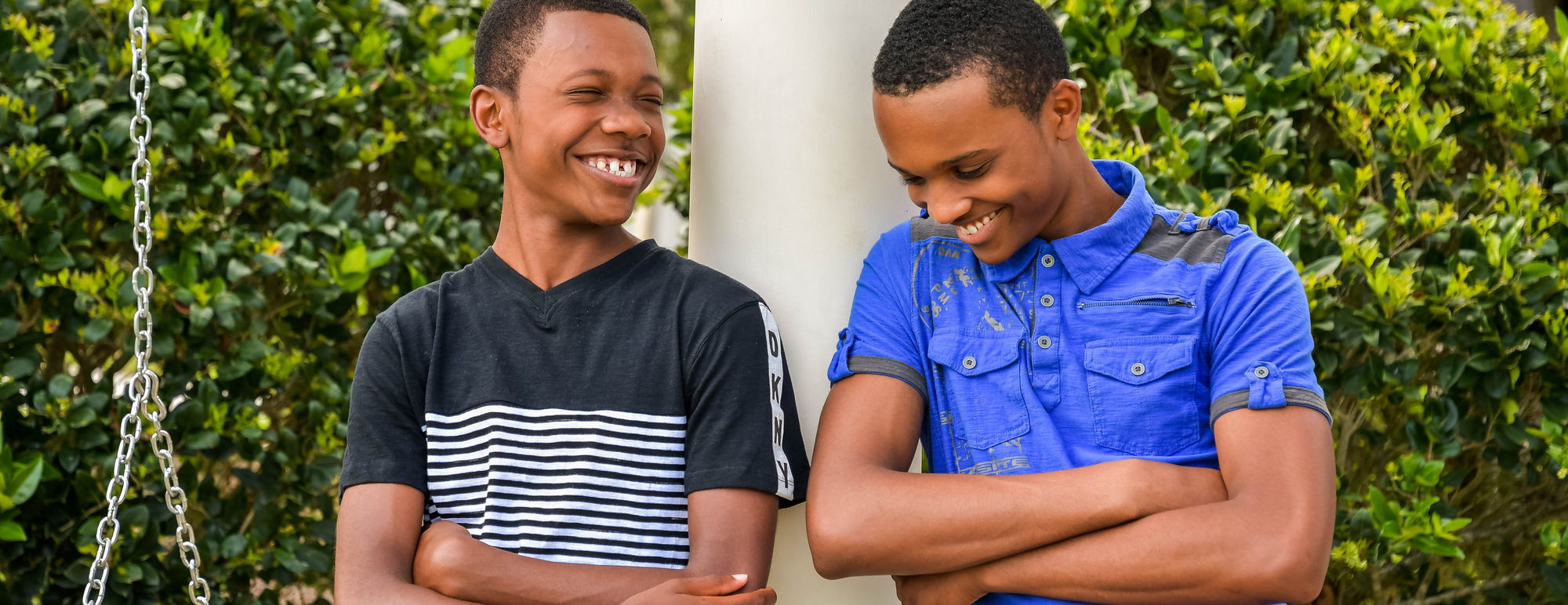How can we make a difference to children’s wellbeing?

“All our fun is gone.” This was the plaintive response from a girl in Year 8 when asked what it was like going back to school. Her mum went on to say how anxious she was, not just about school, but in general. She was sleeping poorly, unusually fussy about food and fighting with friends, but what her mum is most worried about is that her daughter now seems to be so anxious that she becomes overwhelmed, almost paralysed, by the tiniest of problems.
This scenario is typical of what our young people have been going through as they adjust to returning to school in the time of the current pandemic. Schools are under huge pressure and are having to severely restrict activities, with many kids spending all day in their classroom. Lunch may even be eaten in the classroom, with only a short time to play and socialise outdoors with a limited group of children.
The restrictions come on top of the daily stresses that we all have been experiencing. Children may suffer disproportionately from stress. They subconsciously absorb it from all the adults around them but may not be able to identify or articulate it. When it doesn’t come out in words, it can express itself in behaviour, as grumpiness or aggression, in being withdrawn or hard to reach. One behaviour that we have seen more frequently since lockdown is regression, a not uncommon response to stress, where children revert to behaving like their younger selves. Adults may not know how to meet this: they may find it irritating and wish that their children would “just pull themselves together”. However, children may not be able to do this. Regression is a coping mechanism that emerges from deep within, and children are often unaware of it or able to control it.
So, amidst all these challenges, what can we do to support the young people around us?
The first step is to recognise what they’re going through. One of the oddest aspects of the pandemic restrictions is that it is thwarting children’s normal developmental arc. Children and young people’s “job” is to grow up, taking increasing control of and responsibility for their lives. Restrictions due to Covid have thrust them back into a more passive and dependent role. This can create a tension, which children can’t directly see or name, but it is disorienting, and contributes to the depression and anxiety that we are seeing around us. And they are often struggling to get what they need for healthy development: their usual sources of support and care are struggling; and there is less opportunity for physical movement, for stimulation, for social interaction, relaxation and release.
In these circumstances a lot of kids are acting out. To respond to them, it helps if we think of them as stressed, and react in a way that helps them manage that stress rather than adding to it. It helps even more if we can provide a safe place for them to talk about what’s going on with them, offering a listening ear and a compassionate heart. Kids are more likely to open up if we ask general, open questions, and then pay attention as they work out what they want to share with us. It is normal for them to ramble as they try to make sense of what they are experiencing, so patience is a virtue! Often kids just want the chance to be heard and understood. If you feel the urge to help them resolve issues, it is often best to ask them if they would like help before charging in.
A particularly helpful thing that you can do to support children is to find ways to add fun back into their lives. Fun may seem frivolous, like a nice extra, but it isn’t. It’s essential. Young people need sources of delight, of interest, of silliness and laughter for healthy development. The science bit is biochemical – enjoyment releases chemicals that do everything from stabilising emotions to supporting the immune system. But it also builds resilience within the individual and builds community with those around us. Shared fun bonds people across age and other barriers and creates an enduring sense of connection. How many conversations have you had that have started with a smile of recollection and the words, “Do you remember the time that…?”
Any steps that you are able to take to support the young people in your orbit will be of huge value, not only to them, but to all of us as we work to build a strong community in which we are all mutually connected and cared for. Good luck!
